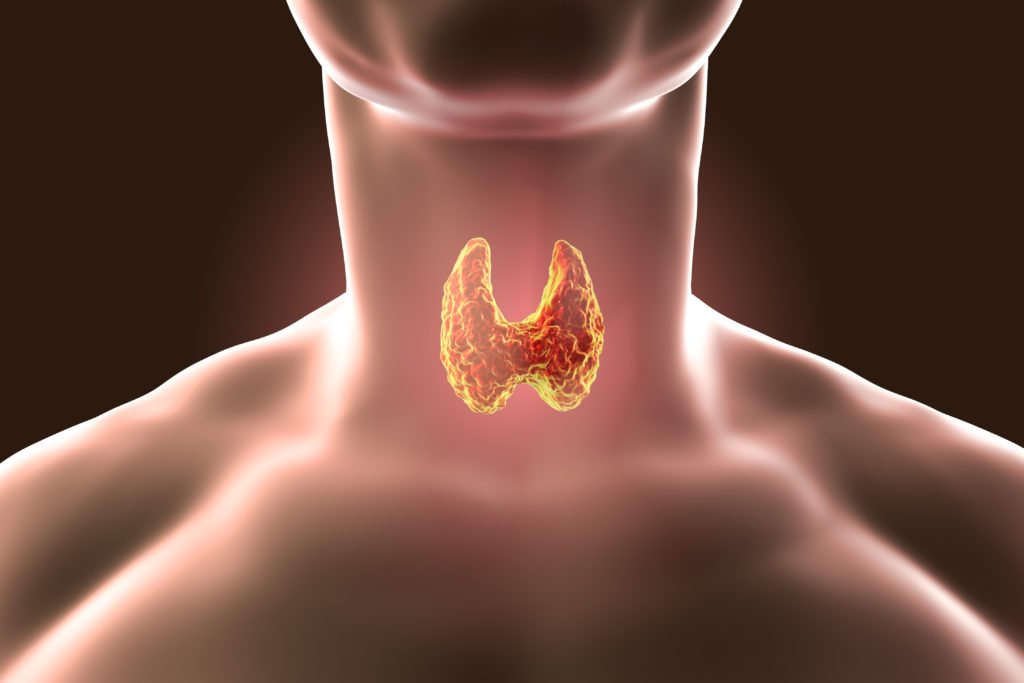Thyroid and parathyroid glands are two developmentally and functional separate glands located in the front and centre of the neck.
Thyroid is a butterfly shaped or a shield shaped gland located in the front of your neck, below the Adam’s apple. Its function is to secrete hormones (Thyroxine) that play an integral part in functioning if all systems of your body. Thyroid disorders result from under production or over production of these hormones. Nearly any system of your body can be affected by a thyroid disorder. Symptoms include hair loss, weight gain, constipation, lethargy, dry skin etc.
Parathyroids are four or more smaller than peanut size glands that are located in close approximately to the thyroid gland. They are functionally very different from the thyroid gland and secrete Parathormone. Their role lies in maintaining calcium levels in your blood. Parathyroid gland disorders usually affect your bones and kidneys.
Diagnosing Thyroid and Parathyroid Disorders
All clinical diagnosis start with a comprehensive history followed by a physical examination. To diagnose thyroid and parathyroid disorders, blood tests are of immense value, followed by imaging. Type of imaging depends on the disorder being suspected. These include Ultrasounds, CT Scans, MRI and Nuclear medicine scans.
Thyroid and Parathyroid disorders treated at ENT360
- Thyroid nodules – These are lumps in the thyroid gland that may or may not have been felt by the patient and were diagnosed during a routine check up. Almost 95% of these are non-cancerous and no treatment is needed other than follow up.
- Hyperthyroidism – due to overactive thyroid gland
- Hypothyroidism – due to under functioning thyroid gland
- Hypoparathyroidism – due to insufficient levels of parathormone in blood that causes low calcium levels.
- Hyperparathyroidism -excess Parathormone levels with high calcium levels in blood.
- Primary – due to benign or cancerous tumours of parathyroid gland
- Secondary – Due to Vit D3 deficiency or renal failure, requires physician/nephrologist intervention
- Tertiary – seen after kidney transplants – usually treated by nephrologist or transplant surgeon.
Treatment
Treatment of thyroid and parathyroid disorders can involve medications that are usually taken for long term and surgery if needed.

